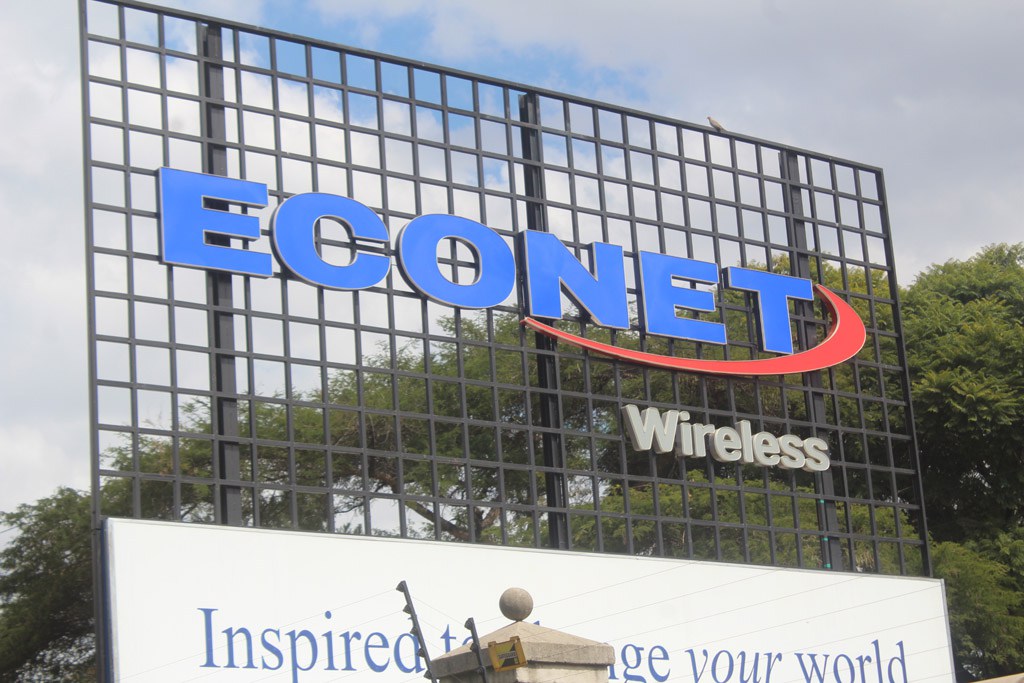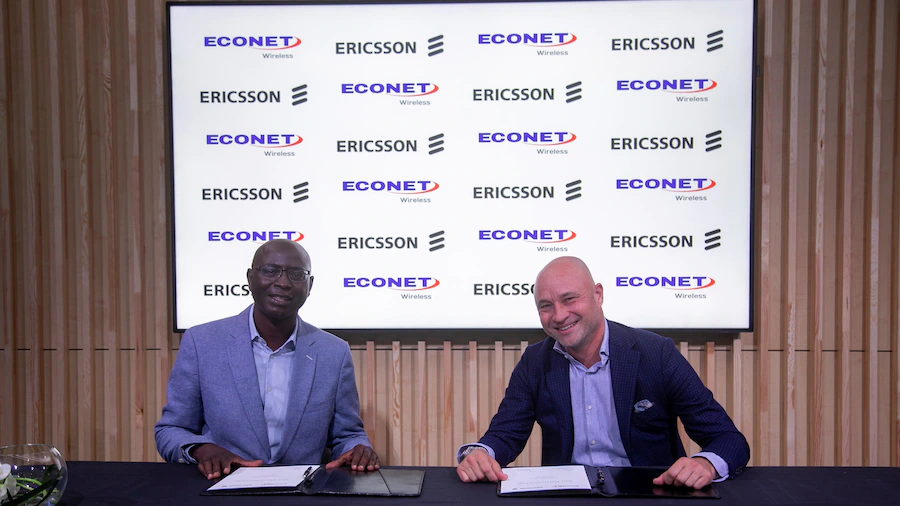Econet Wireless, Zimbabwe’s most prominent tech and phone company, has opened two free ways for people to send money into the country. Senders and receivers will not have to pay anything. It’s the first time this has happened in Africa.
A relationship between Econet and its sister company, Sasai Money Transfer, will let people and businesses in the UK and South Africa send money to Zimbabwe for free starting May 2, 2024.
The receiver also gets free EcoCash coming out of their wallet. Currently, fees of up to 15% are charged to people who send money abroad, and 3% is charged to people who receive money.
Read also: OPay, Kuda, Moniepoint, others pause signups amidst CBN probe
Econet was founded by Strive Masiyiwa in Zimbabwe in 1993. It was initially termed “Enhanced Communications Network” but later shortened to Econet.
The group is based in South Africa and conducts each activity independently with local boards and management. Botswana, Burundi, Kenya, Lesotho, New Zealand, Nigeria, South Africa, the UK, and Zimbabwe are Econet offices.
Econet Helping Zimbabweans In Diaspora
According to Dr. Douglas Mboweni, CEO of Econet Wireless Zimbabwe, the most recent move is intended to assist Zimbabweans in overcoming the severe difficulties brought on by the drought.
A national calamity was recently proclaimed in the nation due to a drought brought on by the El Niño climate phenomenon, which has left over 2.7 million people in need of food assistance.
“We hope Zimbabweans in the Diaspora will use the savings to send more money home to their families,” Dr Mboweni stated.
“These two major corridors—the UK and South Africa—account for the majority of remittances to Zimbabwe. Thanks to the assistance of a sister company within the group, we do not need to pay any third parties for those corridors,” the speaker stated.
Facilitating Remittances Into Zimbabwe through Econet
In addition to stating that it was time to lower remittances into Africa generally “to assist with the continent’s economic development agenda,” the CEO of Econet expressed his hope that his company’s decision will inspire other businesses that facilitate remittances into Zimbabwe to lower their rates.
Read also: Standard Bank Invests $11M in South African Fintech, Float
Dr Mboweni went on to say that the programme aided government attempts to boost remittances from the diaspora into the nation through official routes.
Recipients no longer have to drive great distances to pick up cash thanks to Econet’s vast EcoCash agent network, which guarantees that even residents of isolated rural areas may access affordable financial services.
The EcoCash US dollar wallet, which can be accessed by dialling *153# on an EcoCash registered Econet line, is where Econet stated that remittance transactions would be made more accessible.
By installing the Sasai Money Transfer App from the Google Play Store and the App Store, senders in the UK and South Africa can use Sasai Money Transfer.

